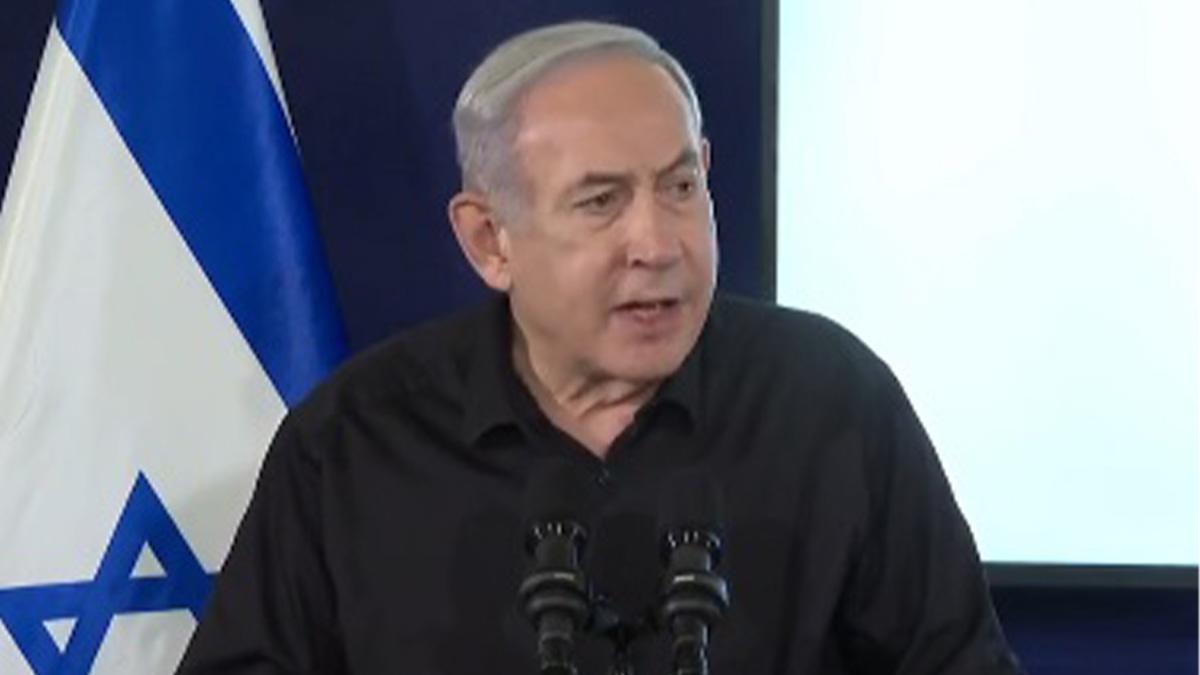Israeli Prime Minister Benjamin Netanyahu, echoing former US President George W. Bush, refers to his 'Triple H' adversaries as the "Axis of Evil," while Hamas, Hezbollah, and the Houthis prefer the term "Axis of Resistance." Another global alliance, however, is determined to hold Netanyahu's regime accountable. As the Hamas-Israel conflict reaches its 100th day of escalating death and destruction, an eclectic coalition of African, South American leftists, and Asian nations has assumed the moral high ground.
Led by South Africa and including Brazil and Turkey, among others, this coalition not only expresses serious concern about the plight of Palestinians in Gaza and the West Bank but is also taking action in various global forums, surpassing the involvement of most neighboring Arab regimes.
Western powers, self-proclaimed global champions of rights and well-being, express unwavering support for Israel, even remaining silent as it ignores their polite requests for restraint amid the mounting toll in Gaza. Notable exceptions include Ireland, Spain, and Norway, which voiced disquiet over the Gaza situation as early as November.
During a visit to the Rafah border crossing in the same month, Belgian Prime Minister Alexander De Croo insisted that Israel "needs to respect international humanitarian law" and condemned the "unacceptable" destruction in the Gaza Strip. Spanish counterpart Pedro Sanchez, accompanying him, also labeled the "indiscriminate killings of innocent civilians" in the Palestinian territory as "completely unacceptable."
Though these statements drew Israeli fury, they remained unaltered. In the Arab world, Jordan has taken a more active stance, while Egypt and Qatar engage in behind-the-scenes diplomacy, including achieving a short-lived ceasefire.
Bolivia, on October 31, went a step further, announcing the severance of diplomatic relations with Israel, condemning the aggressive and disproportionate military offensive in the Gaza Strip. Joined by Belize and other South/Latin American countries recalling ambassadors, Bolivia had previously severed ties with Israel in 2009 after its invasion of Gaza.
Colombia, whose President Gustavo Petro engaged in a war of words with the Israeli envoy, cited Israeli support for FARC and paramilitary groups. Chile, with one of the largest Palestinian communities outside the Arab world, and Honduras also froze diplomatic ties.
Brazil led calls for a ceasefire, presenting a proposal in the UN Security Council, but faced a US veto. Turkey and Chad, along with Jordan and Bahrain from the Arab world, froze ties. South Africa not only suspended relations but also dragged Israel to the International Court of Justice in December, accusing it of "committing genocide" in Gaza.
As 2024 began, Malaysia, Turkey, Jordan, Bolivia, Brazil, Colombia, The Maldives, Namibia, and Pakistan expressed support for South Africa's move. South Africa's active stand stems not only from the historical relations between Nelson Mandela and PLO chief Yasser Arafat but also from parallels with its apartheid past, resonating with the Israeli-Palestinian situation.
The term 'Global South' has been a catchphrase, and these nations are determined to transform it into a force for the long-ignored rights, challenging the perspectives of the "enlightened West."
(With Agency Inputs)
Read also| Netanyahu: Israel's Conflict with Hamas Will Persist Until Achieving Complete Victory


















